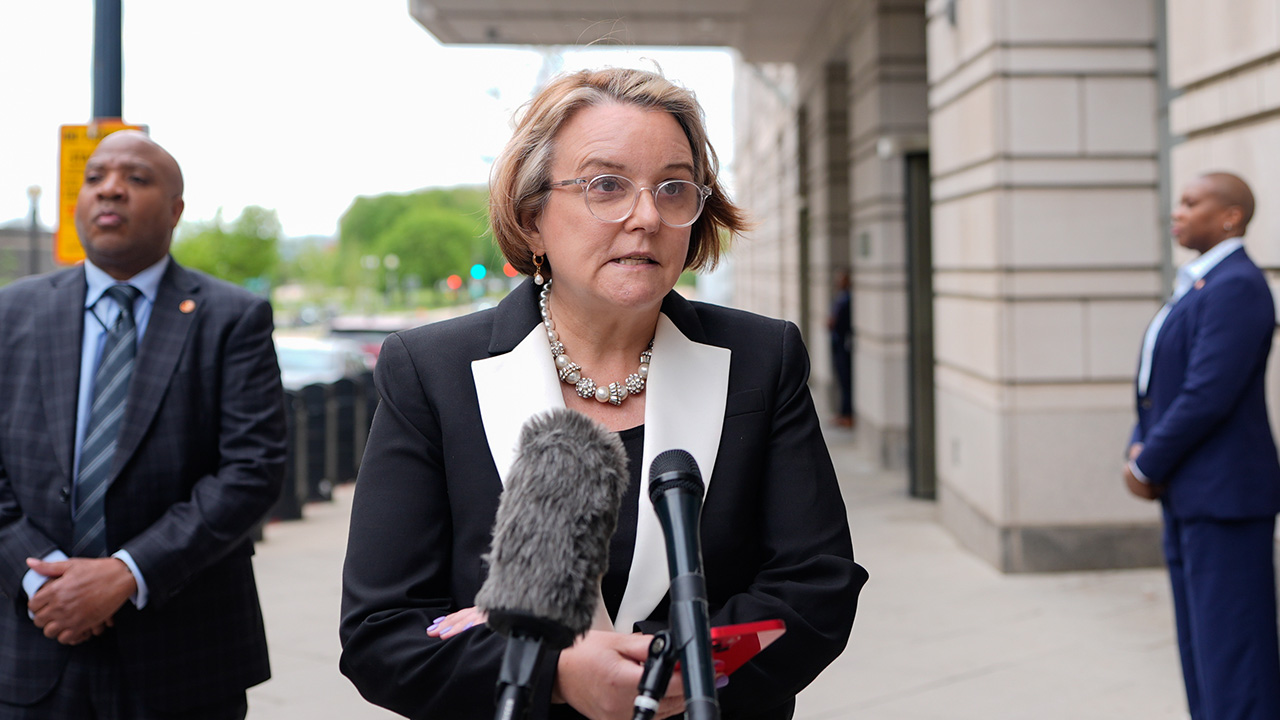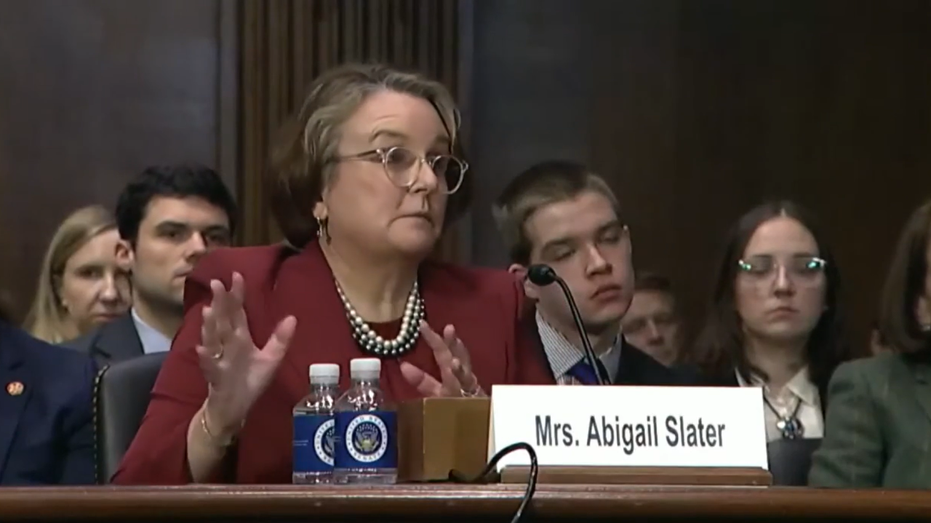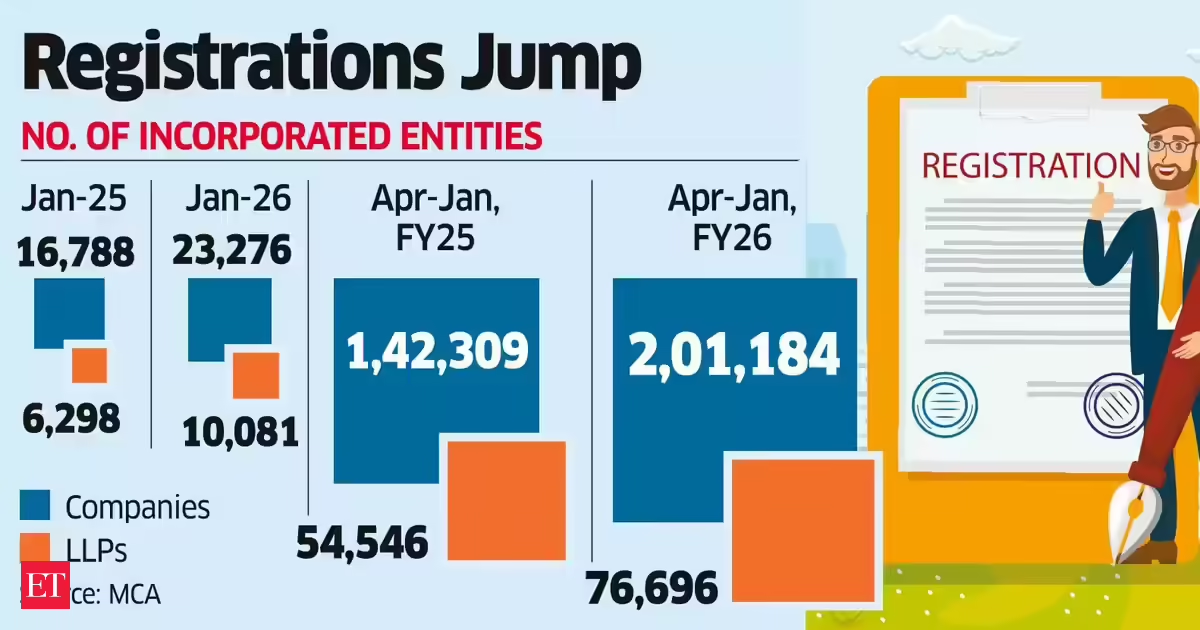In a conversation with ET Now, market expert
Ajay Bagga laid out a cautious stance on Indian IT, a constructive view on metals, long-term optimism on defence, and continued confidence in autos.
From artificial intelligence-led disruption to global stimulus cycles, Bagga argued that investors must differentiate between short-term volatility and long-term structural trends.
IT Sector: Wait and Watch Amid AI Disruption
Responding to whether the recent knock in IT stocks presents a buying opportunity, Bagga advised restraint.“No, I do not think so. Overall, there is no clarity on what Indian IT is going to do about AI. If you look at AI, it is improving by the week, literally. So, what offerings were there a year back are very different from what is being offered today. And people are talking about being able to write a full app, write thousands of lines of code in a very short period of time with the new offers that these AI majors are bringing in.”
He illustrated the shift with a real-world example from a leading consultancy.
“I was talking to a management consultant friend of mine who heads a big consultancy in India, and he was giving me an example that they had a client for whom they would bill about 200 hours of work for a particular segment. He says that work now artificial intelligence delivers in 2 hours. My people spend about 8 hours making sure that every line is correct and then, just to be sure, because I have so much margin now, I put in about 10 hours more dressing it up a little more. But he is saying virtually that 200 hours of work has become 2 hours and it will get better and better.”
According to Bagga, the pace of improvement in AI capabilities is accelerating rapidly.
“He is saying we were training the AI about a year back, we were teaching it accounts, reading accounts, reading annual reports, modelling, and he says now those AIs come in and they are taking over. You just put in what you want done, what analysis, and then you leave it that please learn from what other things you are doing. He is saying they bring in so much more perspective and right now he is spending about another 10 times more time just to be on the safe side not to make any hallucination kind of mistakes, but he is saying the accuracy has increased multi-fold.”
His conclusion was clear: Indian IT companies must articulate concrete AI use cases before investors regain confidence.
“Our IT companies need to bring out use cases, need to bring out application cases of how they will use this, that is unfortunately not coming through. So, in that scenario why should we go out and buy them. We will wait and watch. It will come eventually, but now is not the time.”
Metals: Precious vs Industrial — A Crucial Distinction
Turning to metals, Bagga emphasised the need to distinguish between precious and industrial segments.
“See, we have to differentiate industrial versus precious metals. Precious metals have a lot of tailwinds in terms of central bank buying and industrial growth in silver. So, price action was too strong too swiftly and now we are seeing a consolidation, but the fundamentals have not changed.”
He noted that structural drivers such as central bank demand, de-dollarisation trends, and supply gaps remain intact.
“The demand-supply gaps are still very massive and the de-dollarisation, debasement trade — all those trades — are very much on. So, those will be in a catch-up mode maybe a quarter down the line after some consolidation.”
On industrial metals, the global macro backdrop is supportive.
“As far as industrial metals go, we must remember there is a huge stimulus coming from Japan. China is already expected to unleash a stimulus post the lunar year holidays and Europe is seeing some heavy lifting from the German economy with a big deficit. So, there is stimulus around the world.”
He added that even in the US, fiscal numbers reflect expansionary trends, reinforcing the case for metals.
“Industrial metals will be beneficiaries. So overall, metal pack positive, precious metals positive, industrial metals very positive.”
Defence: Structural Buy with Tactical Swings
On defence stocks such as Hindustan Aeronautics Limited, Bagga maintained a long-term bullish stance despite periodic corrections.
“Yes, absolutely. On a three-year basis, they remain a buy and then within the year you should hear Kunal Bothra and act according to his advice. You see these cycles, two-three months of up move, then you see a selloff, again there is consolidation, again they start moving on some new orders.”
Stripping out short-term noise, he sees a powerful structural theme.
“What is the mega trend if you cut out the noise? We are going to spend a lot on defence. We are becoming a major exporter of defence equipment. Worldwide there is a huge need for defence equipment and the reserves have got really worn down, so there is a need for replenishment. If our companies can deliver, there is a golden opportunity.”
While valuations may trigger intermittent profit-booking, he believes long-term investors remain well positioned.
“On a three-year basis, five-year basis you cannot go wrong on the defence companies.”
Auto: The Consumption Engine Still Firing
The auto sector, one of the standout performers since August 2025, continues to enjoy multiple tailwinds.
“Auto, lot of tailwinds, rural demand has been strong, continues to be strong. You are seeing that in tractors, two wheelers. Secondly, the GST cut has been a big beneficiary and that continues. Third, our export markets are emerging.”
Bagga pointed to large overseas orders and potential trade relief as additional positives.
“So overall, auto sector remains a buy and it is looking good even for the next couple of years. Lot of tailwinds in it and it is reflecting the consumption story.”
Interestingly, he contrasted the sector’s strength with urban consumption softness, visible in recent FMCG numbers. Financing dynamics, however, are aiding auto demand.
“Auto is well positioned, well financed as well in terms of the customer having to pay looking at auto ownership in terms of an EMI rather than putting down the entire amount. So, those well-oiled machines on the finance side are really allowing auto to go up.”
Drawing a comparison with China, he suggested that India’s vehicle penetration story still has significant headroom.
“That population will be in a catch-up mode and autos will be a natural beneficiary.”

























































